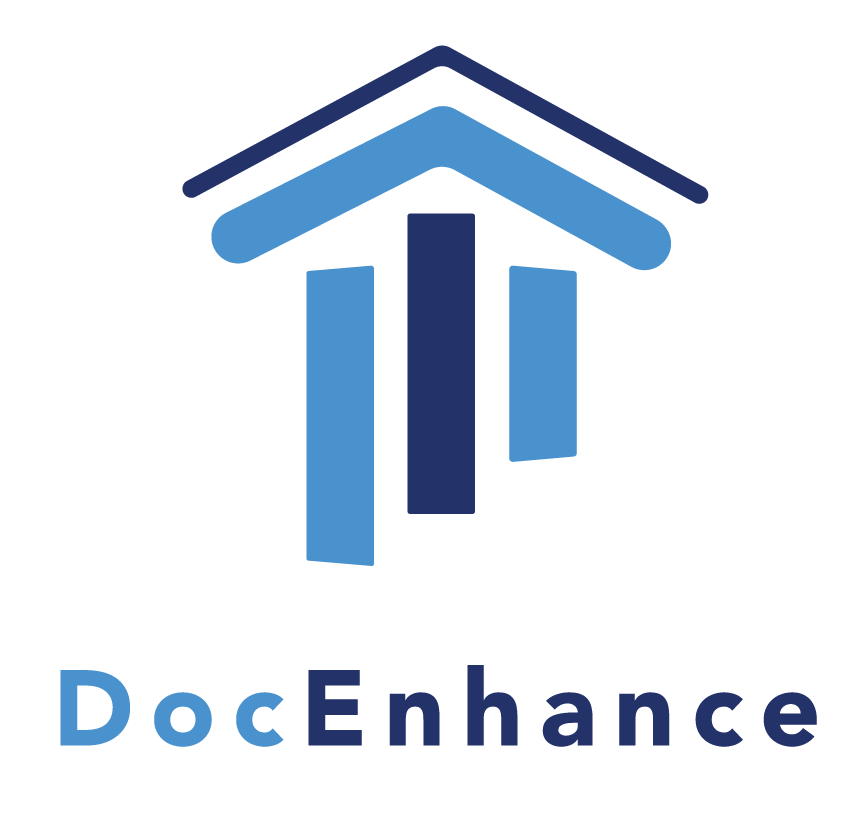Authors: Alexandra Bitušíková, Kamila Borseková from Matej Bel University, Slokavia
Summary
Researchers’ training and career are important policy issues. Teaching transferable skills – skills that apply in a broad variety of work situations – is a challenge that attracts increasing policy interests. Transferable skills training has become one of the most significant aspects of doctoral education reform in Europe over the past two decades. The main reasons for integrating transferable skills in doctoral education curricula are the needs to improve doctoral candidates’ preparation for their future academic and non-academic careers in various sectors; to increase efficiency, transparency and accountability in doctoral education processes and to operate a shift from individual to institutional responsibility.
Results & recommendations
Transferable skills and competences can be acquired through formal training courses provided by higher education institutions or through learning-by-doing activities and training.
The following transferable skills are highly appreciated by future employers within and beyond academia:
- Communication and interpersonal skills including teamwork, networking and collaboration.
- Critical and creative thinking, analytical skills.
- Organization, project and management skills and personal resilience.
- Leadership and engagement.
Good practice recommendations on formal training of transferable skills is its organisation through graduate and doctoral schools. These schools typically provide a range of support for doctoral candidates, including training of transferable skills oriented particularly on support of professional development and employability.
- Project management, networking practice and how to use communication skills in various contexts create fundamental parts of formal training of transferable skills.
- Doctoral candidates can take the opportunity to apply for different types of internships or to apply for a research stay or mobility abroad.
- Formal training often includes reflections over what career options exist and sessions where academic and non-academic careers paths and entrepreneurial options are presented and discussed.
- Other courses related to formal training are oriented towards Personal skills and self-management, Collaboration techniques, Teaching, Supervising & coaching, Effective Communication.
Interesting formal courses are aimed to develop transferable skills and expand interdisciplinary experience.
This document brings also an overview on good practice recommendations on transferable skills training from multiple research projects and DocEnhance partners. Co-creation approach brings different parties (researchers, business, government, societal organisations or citizens) together in order to jointly produce a mutually valued outcome.
Another good practice recommendation, particularly for universities without graduate or doctoral school, is a robust methodology on how to implement training of transferable skills into existing courses and how to incorporate training of transferable skills through the choice of proper methods into different types of courses across disciplines. Collaborative doctoral education, business driven research, different types of internships and collaboration with industry are well-known and well used good practice recommendations for development and training of transferable skills leading to better employability and multiple career options for doctoral graduates. Relationship between industry and academia is reported as a good practice example in multiple research projects (e.g.DOC-CAREERS, EURAXIND, PEP-UP, PhD HUB, SPRINT). Internationalization of PhD study, tools and good practice in improvement and recognition of doctoral mobility might help to foster development of transferable skills, as reported by DocMob project. Several projects, such as TOHTOS or TRANSPEER project depict good practice recommendation for development of high-quality course materials, including online courses.
